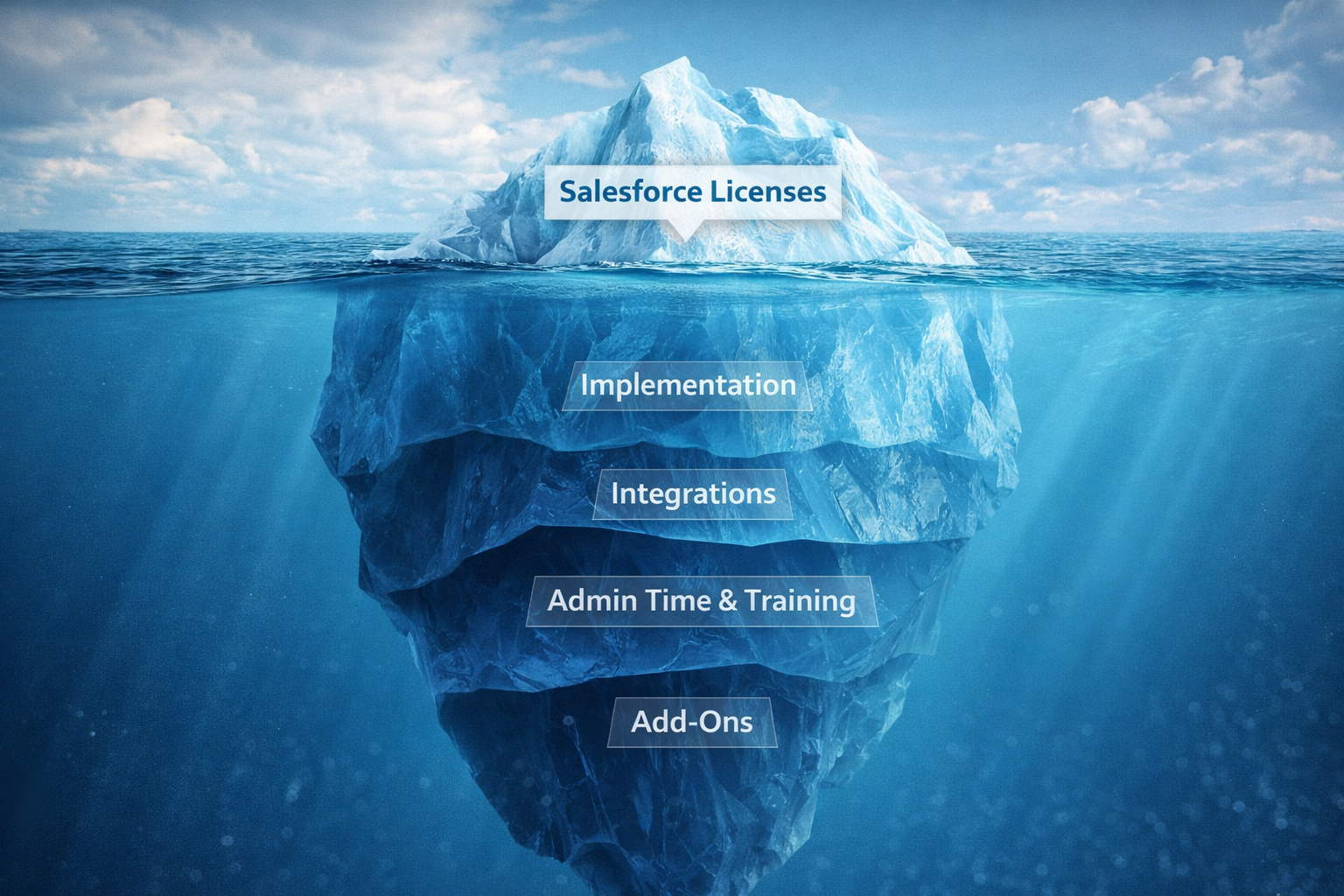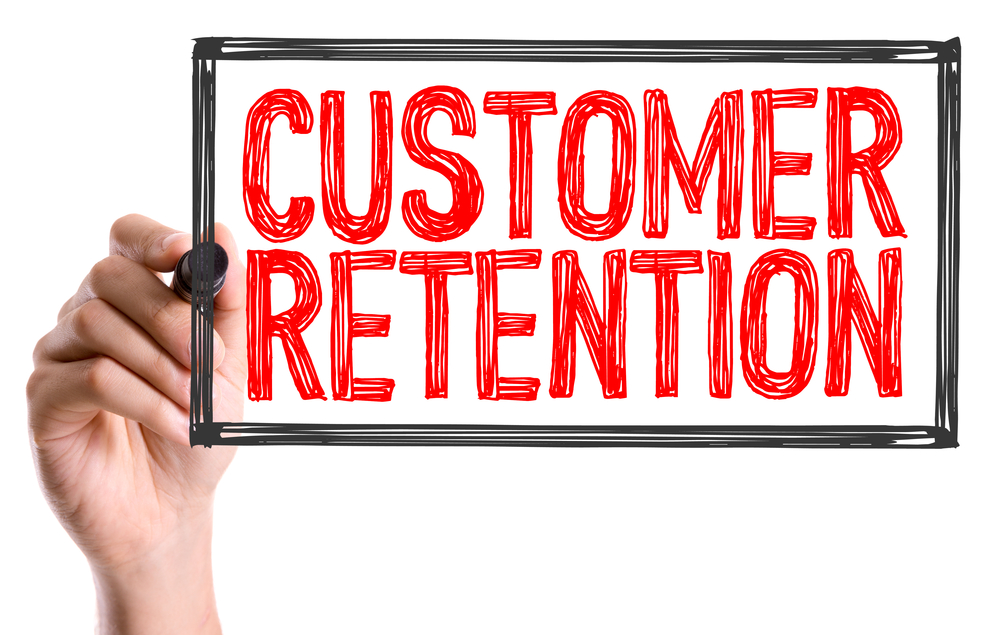Discover the key advantages of implementing a CRM system like Salesforce for your business
The Excel Dilemma
Let’s be real—when you're just starting out, spreadsheets are a lifesaver. They're simple, flexible, and get the job done. You can track customers, manage deals, and color-code your way through what seems like chaos.
But here’s the thing: as your business grows, so do the headaches. Suddenly, you're juggling multiple sheets, hunting down information across tabs, manually updating multiple files, and trying to make sense of scattered data. Not so fun anymore, right?
That’s usually when people start thinking: “There’s gotta be a better way.”
Spoiler alert: There is. And that’s where Salesforce comes in.
Weighing the Options: Excel or Salesforce?
It’s a valid question. Excel is familiar, flexible, and budget-friendly. However, when you require more than just a digital filing cabinet—like automation, tracking sales activities, generating reports, or managing customer relationships—Salesforce really shines.
Let’s break it down:
- Excel is great for solo or small team efforts. It’s quick and easy.
- Salesforce is built for growth. It helps you manage contacts, automate your sales and marketing workflows, generate reports, and keep your entire team aligned.
Yes, Salesforce may have a price tag and a learning curve—but in return, you get a powerhouse that saves you time, boosts your customer relationships, and helps your business to scale more smoothly. Moreover, it’s scalable, meaning you can start small and expand as your needs evolve, and whether you're a startup using Salesforce Essentials or a scaling business on Sales Cloud, it grows with you.
The Good News: You Don’t Need to Dive In All at Once
Switching to Salesforce doesn’t have to be overwhelming. It’s not a light switch—it’s more like a dimmer—and you can ease into it. You can start small and turn it up as you go.
Start simple. Import your contacts, and set up basic automation like follow-up reminders or lead assignments. Once your team gets comfortable, you can gradually roll out features like pipeline management, advanced reporting, or customer support workflows.
No pressure, no overwhelm—just steady, strategic progress.
How Salesforce Helps You Work Smarter (Not Harder)
The real magic of Salesforce is how it helps you save time and simplify your day-to-day operations. Here’s how:
- Automation with Salesforce Flow: Automate repetitive tasks like follow-ups, lead assignments, or status updates—freeing your team to focus on what matters most.
- All-in-One Customer View: With Salesforce Customer 360, every email, phone call, purchase, and interaction is in one place. No more digging through inboxes or spreadsheets.
- Near Real-Time Dashboards and Reports: Instantly track what’s working and what’s not. From campaign performance to pipeline progress, Salesforce puts the data right at your fingertips.
It’s like having a digital operations hub that never sleeps.
More Than Just Efficiency—Salesforce is a Growth Engine
Salesforce does more than just keep you organized—it actively drives your growth.
With Salesforce, you can:
- Deliver personalized experiences using customer data and behavior insights
- Identify upsell and cross-sell opportunities using predictive tools like Einstein AI
- Build automated sales funnels that guide prospects from first touch to closed deal
- Forecast revenue and make data-driven decisions with Sales Cloud
The result? Happier customers, smarter strategies, and—let’s be honest—stronger revenue.
Wrapping It Up
If you’re still relying on spreadsheets, that’s okay. But if things start to feel messy or time-consuming, it might be time to level up.
Salesforce helps you get organized, automate busywork, and build deeper, more meaningful relationships with your customers. And the best part? You don’t need to adopt everything at once. Start small, build momentum, and scale at your own pace.
Once you start using Salesforce, you’ll wonder how you ever managed without it.






.jpg)

SHARE